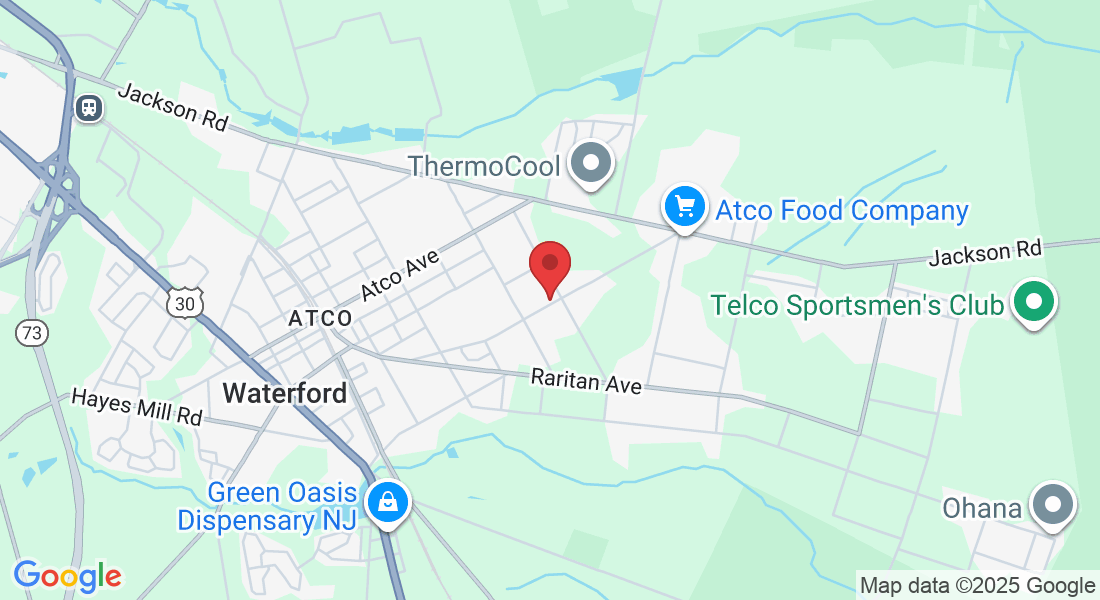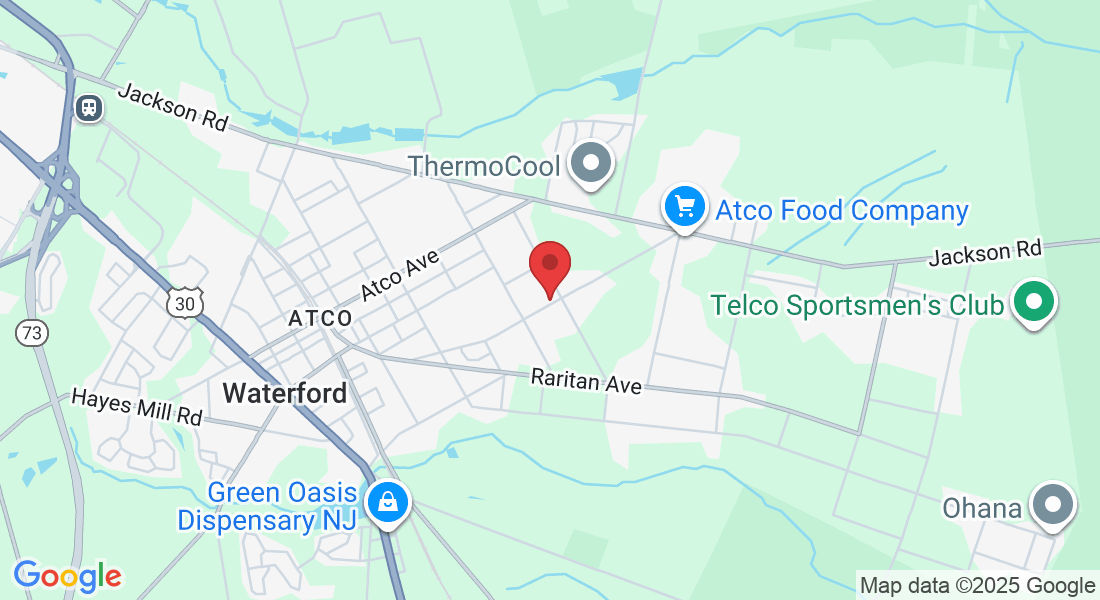
Don't miss the next article that I write for all of my clients.
New Blog Post
Unlocking Peace of Mind: The Ultimate Guide to B Sure Home Inspections In today’s fast-paced world, the safety and integrity of your home should never be left to chance. Imagine having the confidence that comes with knowing every nook and cranny of your property is in prime condition. Welcome to "Unlocking Peace of Mind: The Ultimate Guide to B Sure Home Inspections," your essential resource for understanding the importance of thorough home inspections. Whether you’re a first-time homeowner, a seasoned investor, or simply looking to maintain your sanctuary, this guide will walk you through the ins and outs of the inspection process. Discover how professional insights can uncover hidden issues, save you money on repairs, and provide peace of mind for you and your loved ones. Say goodbye to uncertainty and hello to empowerment as we delve into the world of home inspections, ensuring your home is not just a place to live but a fortress of security and comfort. Your journey to a safer home starts here! Importance of Home Inspections for Buyers and Sellers For home buyers, a thorough inspection is an indispensable part of the purchasing process. It provides a clear picture of the property’s current condition, helping buyers avoid potential pitfalls and make informed decisions. A comprehensive inspection can reveal issues that might not be visible during a casual walkthrough, such as structural defects, electrical problems, or plumbing issues. By understanding these aspects upfront, buyers can negotiate repairs or price adjustments, ensuring they get the best value for their investment.< Sellers, on the other hand, can benefit greatly from having a pre-listing inspection. This proactive approach allows sellers to address any issues before listing their home, making it more attractive to potential buyers. A home that has been inspected and repaired as necessary can command a higher price and sell faster. Additionally, providing a clean inspection report can build trust with buyers, reducing the likelihood of negotiations falling through due to undisclosed problems. It demonstrates transparency and a commitment to maintaining the property.< Overall, home inspections play a critical role in the real estate transaction process. They help protect the interests of both buyers and sellers, ensuring that any agreements are based on accurate, thorough knowledge of the property’s condition. By investing in a professional inspection, all parties can proceed with confidence, knowing that they are making decisions backed by expert insights. This ultimately leads to smoother transactions and greater satisfaction for everyone involved.< The Importance of Home Inspections Home inspections play a pivotal role in the home buying and ownership process, serving as a critical step in safeguarding one's investment. For prospective buyers, a thorough inspection can reveal hidden defects or potential issues that may not be apparent during a casual walkthrough. This information is invaluable when negotiating the purchase price or requesting repairs from the seller. By uncovering problems early, buyers can avoid unexpected expenses and ensure they are making a sound investment. Beyond the buying process, home inspections are essential for current homeowners who want to maintain their property in optimal condition. Regular inspections can identify wear and tear, structural concerns, and system inefficiencies that may develop over time. Addressing these issues promptly can prevent minor problems from escalating into major, costly repairs. Moreover, a well-maintained home retains its value better and can provide a safer living environment for its occupants. For investors, home inspections are a critical tool in managing rental properties and ensuring tenant safety. Inspections can help identify potential hazards, such as faulty wiring or plumbing leaks, which could lead to liability issues if left unaddressed. By maintaining their properties in top condition, investors can attract and retain tenants, minimize vacancies, and protect their investment. In summary, home inspections are a fundamental aspect of responsible homeownership and real estate investment, offering numerous benefits that contribute to peace of mind and financial security.< The Home Inspection Process Explained The home inspection process typically begins with scheduling an appointment with a certified inspector. It’s essential to choose an inspector with the right credentials and experience to ensure a thorough evaluation. On the day of the inspection, the inspector will arrive at the property and conduct a comprehensive assessment, usually lasting between two to four hours, depending on the size and condition of the home. During this time, the inspector will examine various components of the property, including the structure, systems, and general condition.< The inspection process includes a detailed examination of the home’s exterior and interior. On the outside, the inspector will check the foundation, roof, gutters, siding, and other structural elements. They will look for signs of damage, wear, and potential issues such as cracks, leaks, or pest infestations. Inside the home, the inspection will cover electrical systems, plumbing, heating and cooling systems, insulation, ventilation, and more. The inspector will also assess the condition of walls, ceilings, floors, windows, and doors.< At the end of the inspection, the inspector will compile their findings into a comprehensive report. This report will outline any issues detected, their severity, and recommendations for repairs or further evaluations by specialists. The report is a valuable tool for homeowners, buyers, and sellers, as it provides a clear understanding of the property’s condition. Reviewing the report with the inspector can also help clarify any questions and provide guidance on the next steps to take. The entire process is designed to ensure that all parties have the information they need to make informed decisions.< Key Areas Covered in a B Sure Home Inspection B Sure Home Inspections focuses on several key areas to ensure a thorough evaluation of any property. One of the primary areas of focus is the structural integrity of the home. Inspectors will carefully assess the foundation, framing, and other structural components to identify any signs of damage or potential weaknesses. This includes looking for cracks, uneven floors, or other indicators that might suggest foundation problems or structural instability.< Another critical area covered in a B Sure Home Inspection is the home’s major systems. This includes the electrical, plumbing, and HVAC (heating, ventilation, and air conditioning) systems. Inspectors will check the wiring, outlets, and electrical panels to ensure they meet safety standards and are functioning correctly. The plumbing system will be evaluated for leaks, proper drainage, and overall condition, while the HVAC system will be assessed for efficiency, performance, and any necessary maintenance.< Additionally, B Sure Home Inspections places a strong emphasis on the condition of the roof and exterior elements. The roof is inspected for signs of wear, damage, or potential leaks. Gutters and downspouts are also checked to ensure proper drainage. The exterior inspection includes evaluating the siding, windows, and doors for any damage or deterioration that could compromise the home’s energy efficiency or security. By covering these key areas, B Sure Home Inspections provides a comprehensive overview of the property’s condition.< Common Issues Identified in Home Inspections Home inspections often uncover a variety of common issues that can affect a property’s safety, functionality, and value. One prevalent issue is water damage, which can result from leaks in the roof, plumbing, or foundation. Water damage can lead to mold growth, structural problems, and other costly repairs if not addressed promptly. Inspectors frequently find evidence of water damage in basements, around windows, and under sinks, making it a critical area of focus during inspections.< Electrical problems are another frequent finding during home inspections. These can range from outdated wiring and overloaded circuits to improper installations or repairs. Electrical issues pose significant safety risks, including the potential for fires. Inspectors will check for proper grounding, functioning outlets, and adherence to current electrical codes. Identifying and addressing electrical problems early can prevent dangerous situations and costly repairs in the future.< Structural issues, such as foundation cracks or settling, are also common discoveries. These issues can compromise the stability of the home and lead to further damage if not corrected. Inspectors will look for signs of foundation movement, such as cracks in walls or uneven floors, and recommend appropriate actions to address any problems. Other common issues include poor insulation, inadequate ventilation, and pest infestations, all of which can impact the comfort and health of the home’s occupants.< Common Issues Found During Home Inspections Home inspections frequently reveal a variety of issues, ranging from minor defects to significant safety concerns. One common issue is roofing problems, such as missing shingles, leaks, or inadequate ventilation. These problems can lead to water damage, mold growth, and structural deterioration if not addressed promptly. Inspectors also often find issues with the home's foundation, including cracks, settlement, or water infiltration. Foundation problems can compromise the structural integrity of the entire property, making early detection and repair crucial. Electrical system deficiencies are another frequent finding during home inspections. Outdated wiring, overloaded circuits, and faulty outlets pose significant safety hazards, including the risk of fire. Inspectors may also identify problems with the plumbing system, such as leaks, corroded pipes, or inadequate water pressure. These issues can lead to water damage, mold growth, and costly repairs if not corrected. Additionally, HVAC units often require attention, with common problems including dirty filters, malfunctioning thermostats, and inadequate maintenance. Other common issues include poor insulation and ventilation, which can affect the home's energy efficiency and indoor air quality. Inspectors may also find signs of pest infestations, such as termites or rodents, which can cause extensive damage if left unchecked. By identifying these and other issues during a home inspection, homeowners can take proactive steps to address problems before they escalate, ensuring the safety and longevity of their property.< How to Prepare for a Home Inspection Preparing for a home inspection involves several steps to ensure a smooth and efficient process. For sellers, it’s essential to make the home accessible and presentable. This means clearing clutter, providing access to key areas such as the attic, basement, and crawl spaces, and ensuring that utilities are turned on. Making necessary repairs and addressing visible issues before the inspection can also create a positive impression and reduce the number of findings in the inspection report.< Buyers should also prepare by understanding the scope of the inspection and any specific concerns they have about the property. It’s helpful to attend the inspection if possible, as this allows buyers to ask questions, gain insights directly from the inspector, and see any issues firsthand. Buyers should review the property disclosure statement provided by the seller and note any areas they want the inspector to pay particular attention to during the inspection.< Both buyers and sellers should review the inspector’s credentials and ensure they are hiring a certified professional with experience in residential inspections. Clear communication with the inspector before, during, and after the inspection is crucial. Understanding the process, knowing what to expect, and being prepared to discuss the findings can help all parties navigate the inspection smoothly and make informed decisions about the property.< Understanding Inspection Reports and Recommendations An inspection report is a detailed document that outlines the inspector’s findings, including any issues detected and recommendations for repairs or further evaluation. The report is typically divided into sections corresponding to different areas of the home, such as the exterior, interior, roof, electrical systems, plumbing, and HVAC systems. Each section includes descriptions of the inspected components, the condition observed, and any specific concerns identified.< Understanding the inspection report requires careful attention to the details provided. Look for summaries or overviews that highlight the most critical issues. Inspectors often use clear, straightforward language and may include photographs to illustrate their findings. Pay attention to the severity of the issues noted; some may be minor maintenance items, while others could be significant problems requiring immediate attention. The report should also include recommendations for addressing each issue, whether it’s a simple repair, a professional assessment, or a complete replacement.< It’s important to review the inspection report thoroughly and discuss any questions or concerns with the inspector. They can provide additional context and help prioritize the recommended actions. For buyers, the report can be a valuable tool in negotiations with the seller, whether it’s requesting repairs or adjusting the purchase price. For sellers, understanding the report can guide necessary repairs before listing the property or addressing buyer concerns. Ultimately, the inspection report serves as a roadmap for maintaining and improving the property’s condition.< Frequently Asked Questions about Home Inspections Many homeowners, buyers, and sellers have questions about the home inspection process. One common question is, “How long does a home inspection take?” The duration of a home inspection varies depending on the size and condition of the property, but it typically takes between two to four hours. Larger or older homes may require more time due to the complexity and number of components that need to be assessed.< Another frequently asked question is, “What does a home inspection cover?” A standard home inspection covers the major systems and components of the property, including the roof, foundation, electrical systems, plumbing, HVAC systems, interior and exterior structures, insulation, and ventilation. Inspectors look for signs of damage, wear, and potential issues that could affect the home’s safety, functionality, and value. Some inspections may also include additional services, such as radon testing or termite inspections, depending on the client’s needs and the inspector’s qualifications.< People also often ask, “What happens if the inspection reveals major issues?” If significant problems are found during the inspection, it’s essential to discuss the findings with the inspector and understand the implications. For buyers, major issues can be a basis for negotiating repairs or a price reduction with the seller. Sellers might choose to address the issues before continuing with the sale or adjust their asking price accordingly. In some cases, buyers may decide to walk away from the deal if the issues are too extensive or costly to repair. The key is to use the inspection report as a tool to make informed decisions about the property.< Conclusion: Ensuring Peace of Mind through B Sure Home Inspections In conclusion, B Sure Home Inspections provides an invaluable service for homeowners, buyers, and sellers by delivering thorough and reliable evaluations of residential properties. Understanding the importance of home inspections and the detailed process involved allows all parties to make informed decisions, whether it’s purchasing a new home, listing a property for sale, or maintaining an existing residence. The insights gained from a professional inspection can uncover hidden issues, prevent costly repairs, and ensure the safety and comfort of the home’s occupants.< By focusing on key areas such as structural integrity, major systems, and exterior elements, B Sure Home Inspections offers a comprehensive overview of a property’s condition. Common issues like water damage, electrical problems, and structural defects are identified and addressed, providing a clear path for necessary repairs and improvements. Preparing for the inspection, understanding the inspection report, and addressing any questions or concerns with the inspector are all crucial steps in the process.< Ultimately, the peace of mind that comes from a B Sure Home Inspection is priceless. It empowers homeowners, buyers, and sellers to take control of their real estate transactions and property maintenance with confidence. By choosing B Sure Home Inspections, you are investing in the safety, functionality, and value of your home, ensuring that it remains a secure and comfortable sanctuary for you and your loved ones. Your journey to a safer, more informed homeownership experience starts with B Sure Home Inspections.
B Sure Home Inspection
Services LLC
South, Jersey
(856) 534-7676
7 days a week, 24 hours

Home Inspection Glossary
This website was built by InterNACHI's Official Vendor for inspector website designs www.inspectorwebsitebuilder.com.

